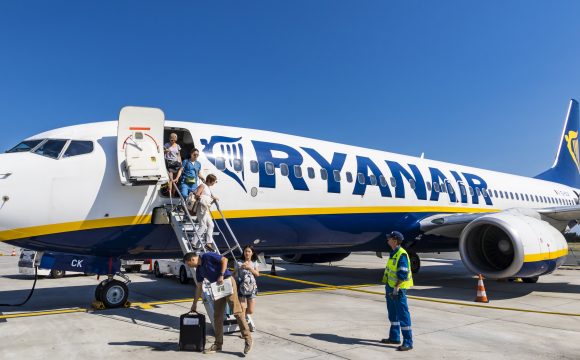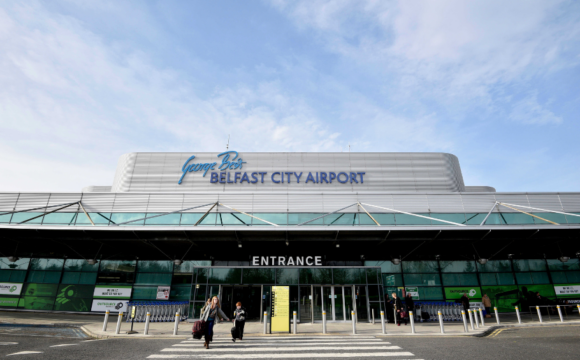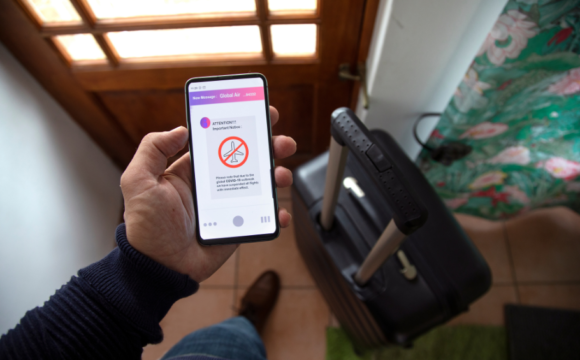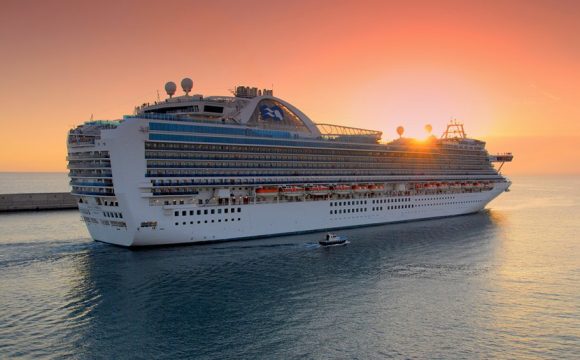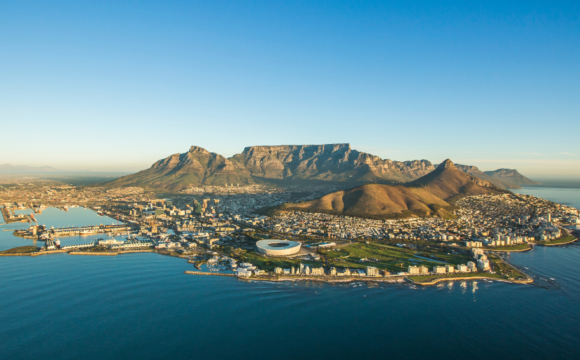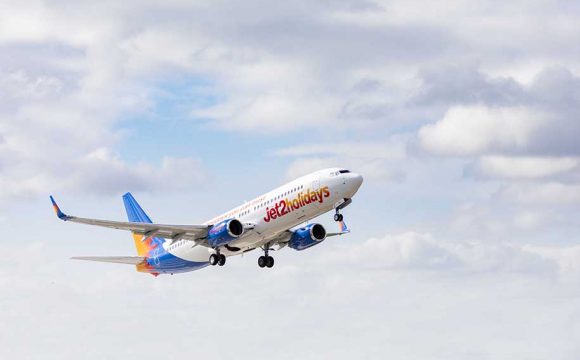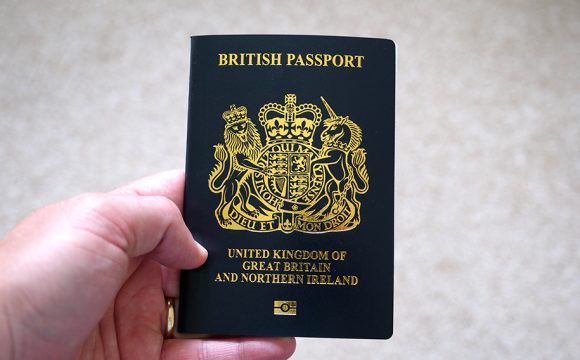This CarTrawler Global Estimate of Baggage Fee Revenue identifies baggage as a €25.2 billion component and provides a worldwide summary of baggage fee policies for 20 top airlines.
Each year IdeaWorksCompany, through the sponsorship of CarTrawler, analyses the ancillary revenue disclosures for airlines all over the world. These results are applied to a larger list of carriers (which numbered 175 for 2018) to estimate ancillary revenue activity for the world’s airlines. Baggage activity for each category of airline is added to this analysis to calculate a global estimate. It’s a significant component of ancillary revenue and consists of three primary sources: checked baggage in the aircraft belly, added fees for heavy and extra-large bags, and for some airlines, the price charged for larger carry-on bags.
CarTrawler Global Estimate of Baggage Fee Revenue
- 2018 – $28.1 billion
- 2017 – $23.6 billion
- 2014 – $13.4 billion
Source: A la carte revenue statistics derived by IdeaWorksCompany from 2017, 2016, and 2013 airline results, combined with IATA annual airline revenue projections for 2018, 2017, and 2014.
Stringent baggage fee policies are hallmarks of top revenue-performing low cost carriers. The surprising development within the last two years is the implementation of bag fees by some of the world’s leading global network airlines.
“The value of airlines’ a la carte revenue, or optional extras that customers can add to their basic airline fares, has risen dramatically in recent years, growing by 128% between 2014 and 2018. So it is no surprise that baggage fee revenue has grown by a similarly huge margin, in terms of both monetary value and as a percentage of overall global airline revenue. This overall trend reflects traditional airlines’ strategy of embracing a la carte revenue alongside low-cost providers, offering customers the best-value solutions in a transformed marketplace,” said Aileen McCormack, CarTrawler’s Chief Commercial Officer.
The table below lists the baggage fee policies for 20 top non-low cost carriers, which just a few years ago would’ve displayed far less baggage fee activity. Today, only half the airlines listed rely upon the traditional method of including checked baggage as a feature for all fares.
The other half have implemented bag fees on a portion or the entirety of their route network. When these airlines are organised by global region, it’s easier to see the policy groupings that currently exist. The abundant reliance upon bag fees in Europe and North America occurs largely due to the presence of a very significant low-cost carrier industry. Elsewhere in the world, traditional airlines include baggage benefits for all fares and have not yet adopted basic economy fare strategies.
Top 20 Non-Low Cost Carriers
- Air China
- Cathay Pacific
- Korean Air
- Qantas
- Singapore
- Air France/KLM
- British Airways
- Lufthansa/SWISS/Austrian
- Scandinavian
- Turkish
- Emirates
- Qatar Airways
- Avianca
- LATAM Airlines
- Air Canada
- Alaska Group
- American
- Delta
- Southwest
- United
Consumers can seek to avoid bag fees by applying for an airline co-branded credit card. In the US and Canada these cards usually waive the fee for the first bag checked. Outside the US and Canada, this feature is not offered. Loyalty members with elite status on US and Canada airlines receive free checked bag benefits, but airlines outside the US and Canada don’t always include this benefit.
British Airways is unique for its decision to offer basic economy fares throughout most of its global route network. The airline appears to be strategic in “where and when” its basic economy fares are offered. In a sampling of London-Asia and London-South America routes, British Airways basic economy fares often offered roundtrip prices below many of their nonstop competitors (even after adding the £60 bag fee British Airways charges for a long-haul flight). This indicates the basic economy fare can represent true savings when compared to fares which include checked baggage.
Southwest Airlines does stand alone in the US market with its advertising mantra of “bags fly free” which promises the benefit of two checked bags for every traveller. The carrier’s management claims this distinction contributes to Southwest’s admirable financial success. However, the rest of the airline industry is unlikely to follow this example of product bundling. Bit by bit, traditional airlines in Africa, Asia, and Latin America are expected to test the basic economy method as they work to overcome the challenges of a slowing global economy and the ever-present threat of their low cost airline brethren.


